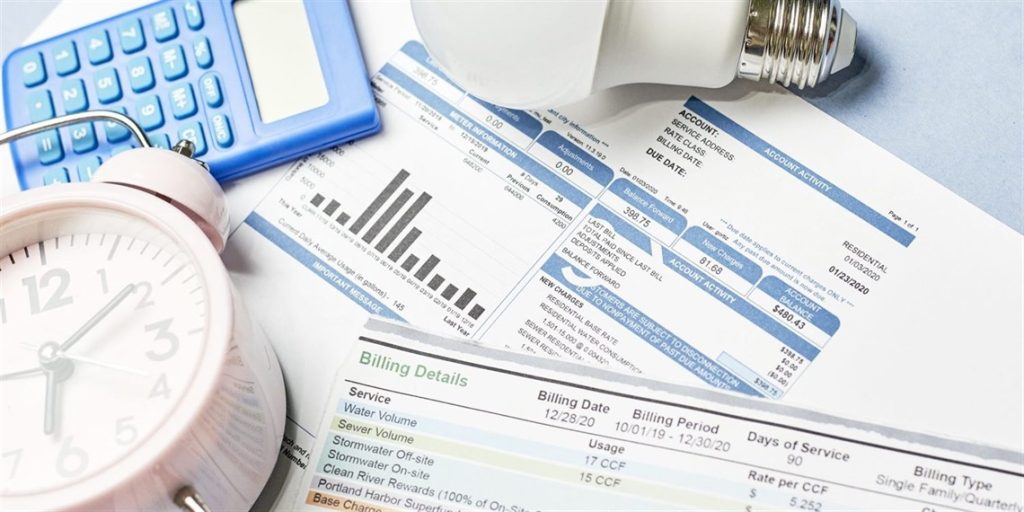The use of fake utility bills as proof of address is becoming increasingly prevalent. Fraudsters use such bills to open bank accounts, obtain credit cards or loans, and even gain access to sensitive information. The reasons why people use fake utility bills can be attributed to several psychological factors.
The Role of Education in Preventing Fraud
The use of fake utility bills as proof of address is driven by several psychological factors, including the need to create a false identity, the need for financial benefits, the need for access to sensitive information or services, and the need to avoid paying bills or taxes. Understanding these factors can help organizations identify potential fraudsters and prevent fraudulent activity.
Education can play a significant role in preventing fraud by raising awareness of the dangers of using fake invoices and providing individuals with the knowledge and skills necessary to detect fraudulent activity. Individuals can be taught to verify the authenticity of utility bills by examining the details, such as the account number, billing date, and company logo. They can also be trained to identify signs of tampering, such as inconsistencies in the font or layout of the bill.
Organizations can also implement effective verification methods to prevent fraudulent activity. These may include using advanced technologies, such as optical character recognition (OCR), artificial intelligence (AI), blockchain, and machine learning algorithms, to detect abnormalities and inconsistencies in utility bills. Digital signatures can also be used to provide a tamper-proof record of the bill’s authenticity.

The Need for Effective Verification Methods
Businesses and organizations can prevent the use of fake invoices by implementing strict verification procedures. These may include verifying the authenticity of the utility bill directly with the utility provider, requesting additional documentation to support the proof of address, or conducting background checks on individuals before approving credit or financial benefits.
Additionally, organizations should employ advanced technologies such as data analytics and AI algorithms to detect patterns and anomalies in utility bill submissions, ensuring enhanced fraud prevention and safeguarding against the misuse of fake documents.
In conclusion, understanding the psychological factors that drive individuals to use fake bills, educating individuals about the dangers of using fake invoices, and implementing effective verification methods are all essential in preventing fraudulent activity. By taking a proactive approach to fraud prevention, organizations can reduce the risk of fraud and ensure the security of their customers’ personal information.

